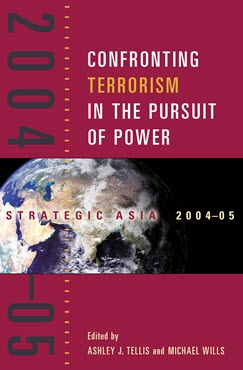Southeast Asia
Back to the Future
Deterring or defending against interstate aggression is not a central security concern today in Southeast Asia. Instead “non-traditional” internal security challenges that typified the region 20–30 years ago have resurfaced with domestic insurgencies that receive external support and sanctuary in neighboring states.
Deterring or defending against interstate aggression is not a central security concern today in Southeast Asia. Instead “non-traditional” internal security challenges that typified the region 20–30 years ago have resurfaced with domestic insurgencies that receive external support and sanctuary in neighboring states. Religious-based terrorism, criminal activity—including piracy—and secessionist movements dominate Southeast Asia’s current security agenda. Coping with these challenges requires international collaboration to harden borders against illegal immigration and monitor maritime crossings where militants, arms, and contraband move. While collaboration among the region’s armed forces remains limited, there are encouraging signs that law enforcement, intelligence organizations, and banking systems are beginning to share data to track criminals and terrorists. Additionally, those states with significant Muslim communities (Indonesia, Malaysia, the Philippines, Thailand, and Brunei) must do more to raise the political profiles of moderate Muslims who condemn terror and support economic development and political pluralism.
Strategic Asia
The Strategic Asia annual edited volume incorporates assessments of economic, political, and military trends and focuses on the strategies that drive policy in the region. Learn more about Strategic Asia.


